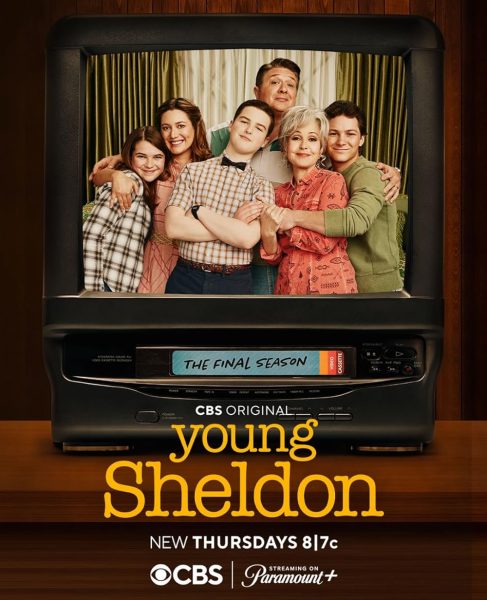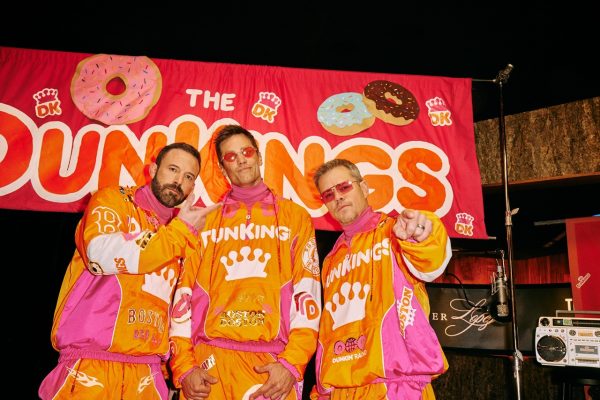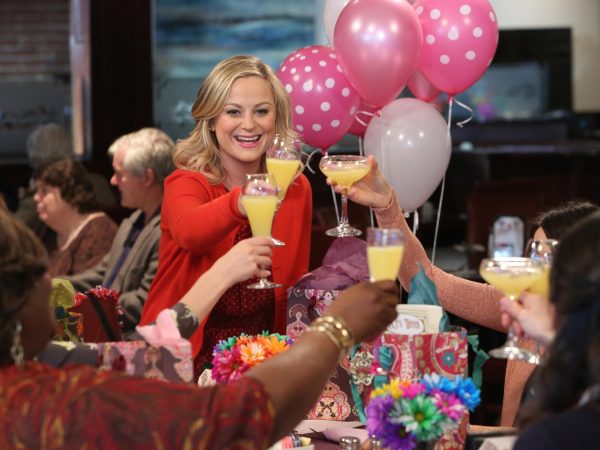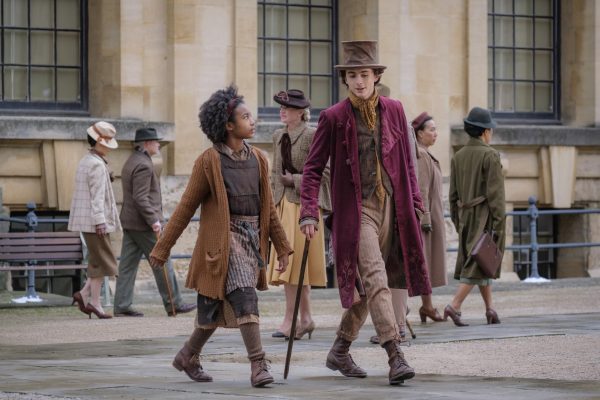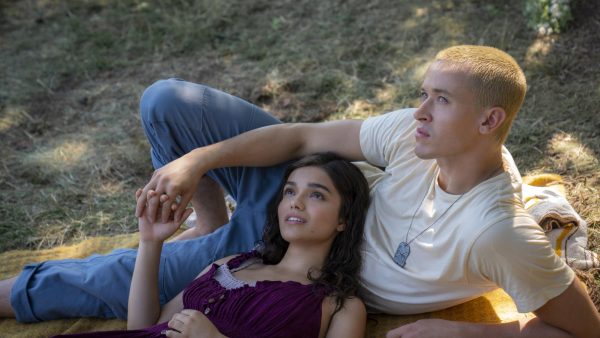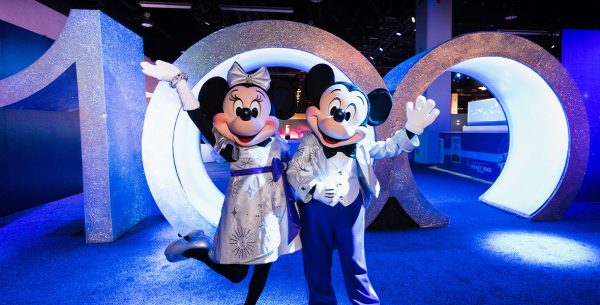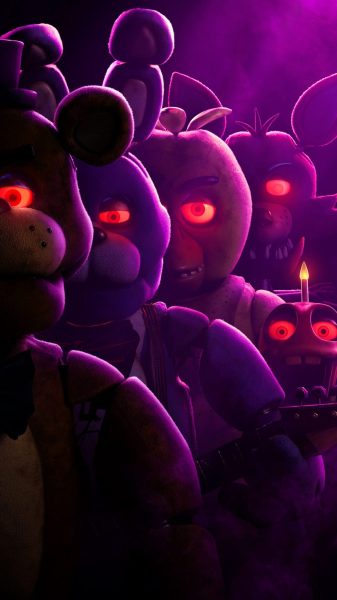Inside the Marvelverse: “Black Panther: Wakanda Forever” packs a complex and emotional punch
The latest “Black Panther” installation is not a smooth transition, as the legacy of the late Chadwick Boseman still looms large
November 30, 2022
Inside the Marvelverse is a regular column by Arts and Culture Assistant Editor Tra’Sean Nichols, a self-proclaimed Marvel maniac and superhero enthusiast.
A mother, a sister, a country and a nation come together hand in hand to celebrate the unthinkable. As tears leak down the mother’s face rolling onto the matte grey coffin, I can’t help but share tears with the family before me. I sit and continue to watch through my sadness as a mother buries her son, a sister buries her brother, a country buries its protector and a nation buries its king. Ryan Coogler took on the daunting task of producing “Black Panther 2: Wakanda Forever,” creating an emotionally impactful tribute to the beloved Chadwick Boseman, and the result was an emotional adventure.
“Black Panther: Wakanda Forever’s” complexity in its storyline leaves the audience unraveling the impact of the king’s death on its nation. With a new world power arising from the waters, the nation faces a problem they never thought they would face, holding their own against another country. Wakanda is the most powerful nation in the Marvel Cinematic Universe (MCU), so it didn’t expect to have trouble with the enemies we see in the movie.
Nonetheless, handling this conflict is significantly more problematic, as it is a time of mourning for the higher people in the country. We see the conflict between this country mourning while upholding the mantle of the most powerful nation in the world when Romanda, played by Angela Bassett, states while addressing the United Nations, “You have formed such civility here, but we know what you whisper in your holes of leadership, and in your military facilities. The king is dead, the Black Panther is gone, and they have lost their protector. Now is our time to strike.”
Directly after the French attacked the Wakandan nation, she stated in the same meeting, “Let our gracious response to this incursion be an olive branch, further attempts on our resources will be considered an act of aggression and will be met with a much steeper response. We mourn the loss of our king but do not think for a second that Wakanda has lost the ability to protect our resources,” establishing Wakanda as the most powerful nation despite the death of their king.
Along with the intense scenes, the musical components of this movie were completely different and unique to the style of the film. Ludwig Göransson has outdone himself with his bold music choices in various scenes. With the introduction of the siren race early in the movie, Göransson enacted an incredibly eerie siren chant that is becoming popular on social media. Some songs are referred to as the “Siren Suite,” which embodies the Greek mythology components of the sirens, giving their music an off-putting vibe. My favorite musical choice that Göransson implemented was not using music at all. One fight scene between two main characters had no music, unlike almost every other fight scene in MCU history. The sound of emptiness in the theater during this scene fed into the seriousness of the fight. It was something new and bold, and I am highly impressed with the decision to do this. This soundtrack also featured Rihanna’s first single in the past six years with her song “Lift Me Up,” a highly emotional song paying tribute to the death of Boseman.
A significant challenge for the movie was continuing the story after the end of Boseman. What was next for the character was highly anticipated. With the Black Panther and Boseman, it is hard to think about one and not the other. These figures are directly connected, both having significant symbolic meaning to their communities, which is hard to establish and often not found with every actor.
Despite the obvious challenge, I believe the story exceeded my expectations. By the trailers, it was known that Shuri, played by Letitia Wright, would be taking the mantle of the Black Panther. The transfer of the mantle was rough, but I believe that was the intention of Coogler; the death of Boseman was anything but seamless and smooth, so the movie directly reflected this.
“Black Panther: Wakanda Forever” is an extremely pivotal point in the MCU. It is a beautifully written movie, and I recommend any fan of Black Panther go and see it.


